Reducing Acidity in Carbonated Water
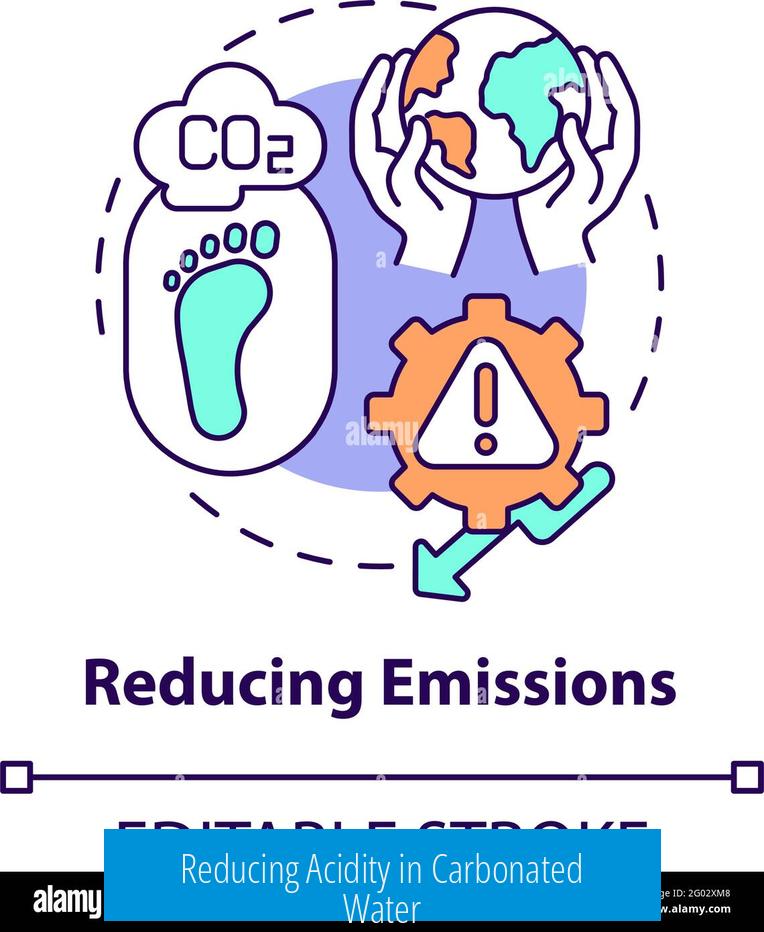
Carbonated water contains carbonic acid, a weak acid, making it only mildly acidic compared to other beverages. Reducing its acidity involves understanding its chemistry and applying techniques such as adding buffering agents or avoiding acidic additives.
Acidity in Carbonated Water
Carbonated water forms carbonic acid (H2CO3) when carbon dioxide (CO2) dissolves in water:
CO2 + H2O ⇌ H2CO3 ⇌ H+ + HCO3-
The hydrogen ions (H+) released cause a slight drop in pH, contributing to mild acidity. However, carbonic acid’s dissociation constant is low. This weak acidity means carbonated water generally poses minimal risk to tooth enamel compared to acidic drinks containing citric acid or flavorants.
Reducing Acidic Impact
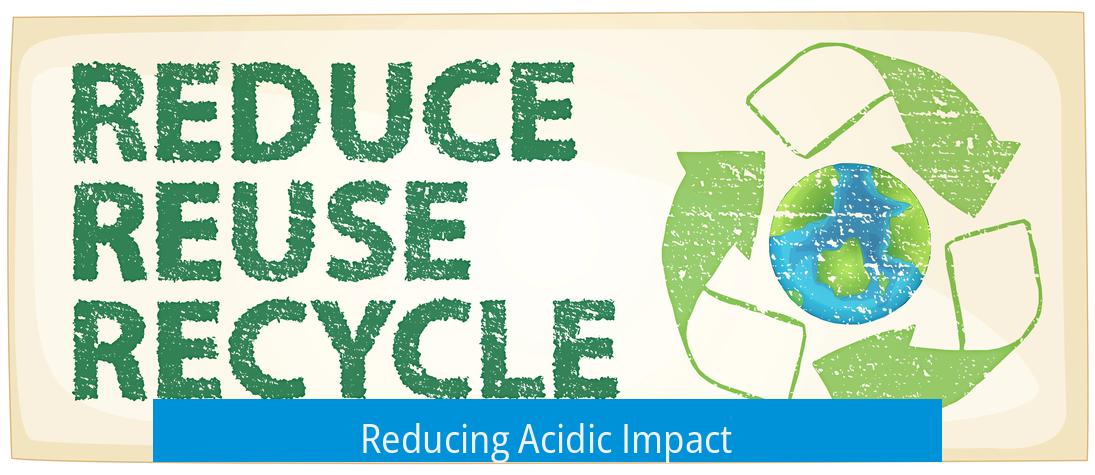
- Buffering with Minerals: Adding minerals like magnesium or calcium chlorides in water can help neutralize acidity by reacting with H+ ions, raising pH.
- Sodium Bicarbonate Addition: Introducing sodium bicarbonate (NaHCO3) adds bicarbonate ions (HCO3-), which shifts equilibria backward, reducing free hydrogen ions and increasing pH.
- Avoiding Acidic Flavorants: Some flavor additives, such as citric acid-based ones, increase acidity. Choosing less acidic flavorants (e.g., Orange Crush vs. Mio) can reduce overall acidity.
Chemical Equilibrium and pH
The pH depends on the balance between dissolved CO2, carbonic acid, and bicarbonate. Factors affecting this balance include:
- CO2 partial pressure: Higher pressure means more CO2 dissolution, increasing acidity.
- Water volume and temperature, which influence CO2 solubility.
- Amount of added buffering agents or salts, which shift equilibrium toward less acidic species.
Calculating exact pH requires knowing these parameters and the dissociation constants of carbonic acid.
Acidity and Enamel Erosion
Carbonated water’s mild acidity is less concerning for enamel erosion than drinks with citric acid or other stronger acids. Avoiding highly acidic flavorants and maintaining mineral balance in drinking water help protect dental health.
Further Reading
- Effects of acidity on enamel
- Carbonated water and tooth enamel health
- Rebuttal on carbonic acid’s enamel effects
Key Points
- Carbonic acid in carbonated water is a weak acid causing mild acidity.
- Addition of minerals or sodium bicarbonate can raise pH and reduce acidity.
- Avoid acidic flavor additives to limit enamel erosion risk.
- pH depends on CO2 concentration, temperature, and buffering agents.
- Carbonated water is less harmful to enamel than beverages with citric acid.
Q1: Is carbonated water harmful to tooth enamel due to its acidity?
Carbonated water contains carbonic acid, which is a very weak acid. It is not significantly acidic compared to many other drinks, so it generally does not harm tooth enamel.
Q2: How can I reduce the acidity in carbonated water at home?
Adding a small amount of sodium bicarbonate can shift the acidity balance by reacting with carbonic acid. This reduces the concentration of free hydrogen ions, which lowers overall acidity.
Q3: Why do some flavor additives increase acidity in carbonated drinks?
Flavor additives like citric acid or certain concentrates can add stronger acids than carbonic acid, increasing the overall acidity and potential enamel erosion.
Q4: What role do minerals like magnesium and calcium play in reducing acidity?
Minerals such as magnesium and calcium chlorides can be added to plain water to help neutralize acidity and strengthen tooth enamel by creating a less corrosive environment.
Q5: How does the CO2 pressure affect the pH of homemade carbonated water?
The amount of CO2 dissolved depends on the pressure used during carbonation. Higher pressure increases carbonic acid concentration, lowering pH and increasing acidity.


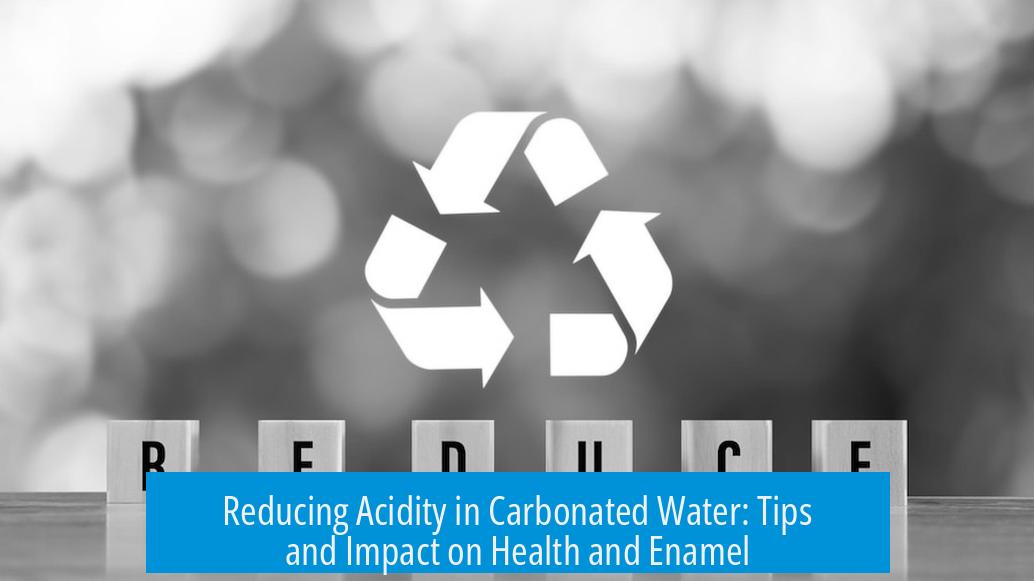
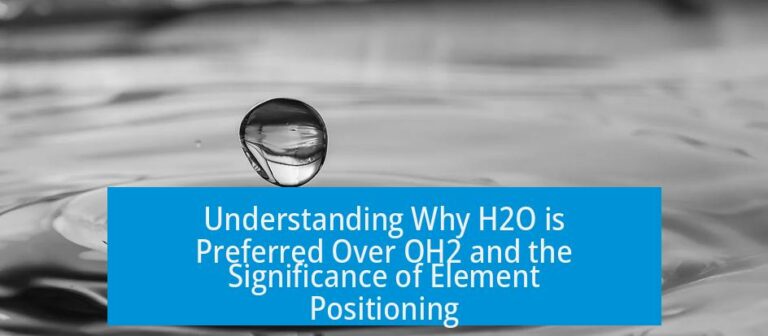
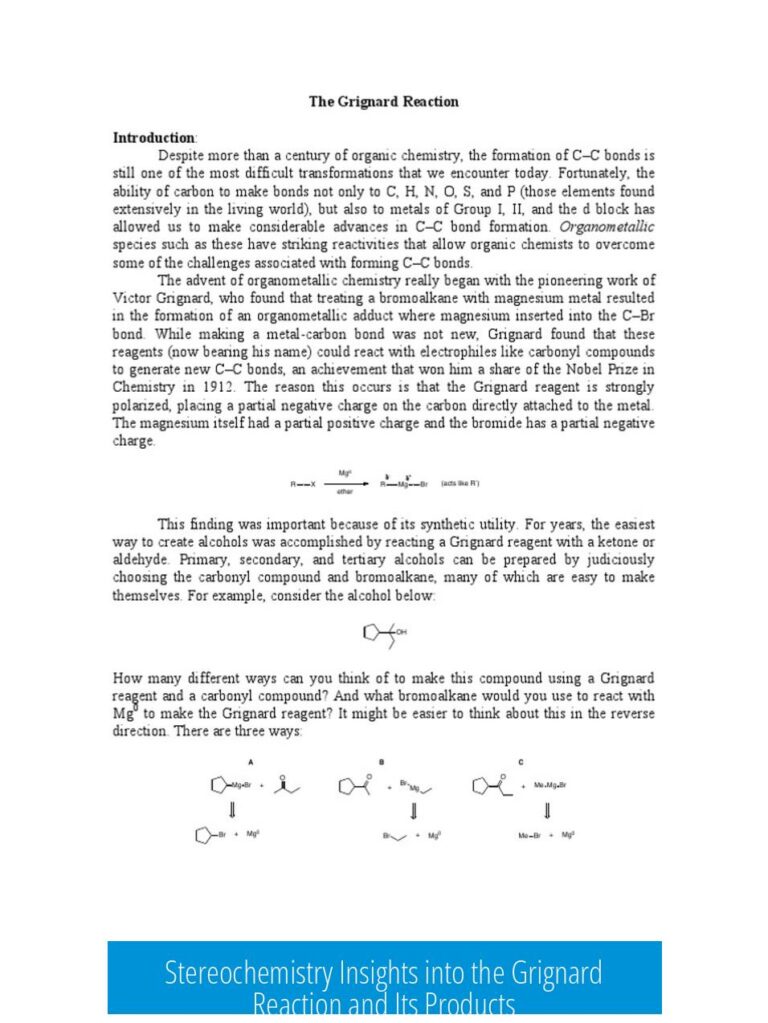
Leave a Comment